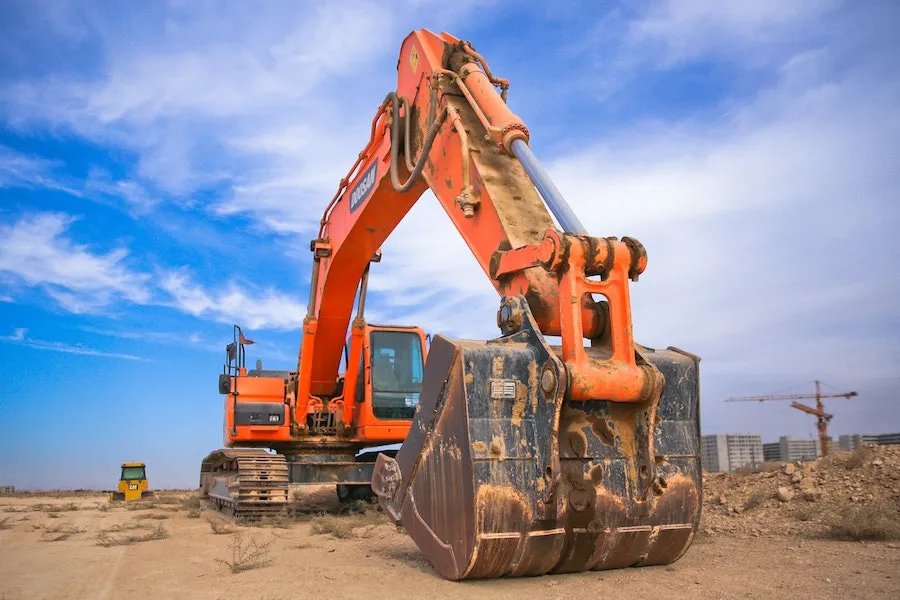The construction business is critical to the infrastructure of every country and consequently – its economic growth. That is why it is crucial to keep these businesses running. However, the machinery used in construction is something that only the biggest firms can afford to buy without any additional financing or loans.
For smaller businesses, buying this kind of equipment can be brutal for the firm’s budget. But not to worry! Even if you are not a multi-million dollar construction firm, there are still ways to obtain the required equipment. One of the most popular ways is through construction equipment financing, and in this article, you will learn all about it.
What Is Construction Equipment Financing?
Construction equipment financing, which makes up the greater part of heavy equipment financing, is typically a loan that gives you the chance to buy the necessary equipment without serious damage to your cash flow.
Construction equipment is any kind of equipment that can be used for heavy–duty functions like tractors, forklifts, bulldozers, etc. The equipment that you end up buying can be new or used – depending on your choice, no matter what you choose, the said equipment will serve as collateral for the loan.
This means that even if you can afford the equipment without the loan, this option can help you redirect your cash flow to more valuable alternatives.
What Are Your Construction Equipment Financing Options?
There are different types of loans out there. Business owners usually go for SBA loans, bank equipment loans, and online equipment loans. All of these options have their own advantages and disadvantages but the bigger catch is if you can actually qualify for them.
Just like any type of business loan, construction equipment loans are also reserved for a few that fulfill certain criteria. Usually, the bar is pretty low when it comes to qualifying for this type of loan, but there are still certain standards that must be met. Knowing what documents you need to submit and what steps you must take can help you navigate the whole process more easily.
How To Get A Loan
1. Good credit score
First, you need to have a good credit score and credit history. Banks and other lenders will be interested in how you handled yourself and your business in difficult times in the past. This can help them decide whether lending you the money will come with a smaller or bigger risk. Lenders are usually looking for a minimum credit score of 600 or 650. However, this doesn’t mean that a bad credit history will completely disqualify you from the whole process.
2. Bad credit score
Businesses with bad credit histories have a bigger chance when it comes to this type of loan rather than alternative types of financing. That means that even though you might have a bad credit score if you can prove that you have a healthy revenue and that you can manage a down payment then you will probably still qualify for the loan.
The best part about equipment loans is that the equipment serves as collateral, so if the deal goes south – lenders are still covered. The downside is that if you have a bad credit score, you will probably have to pay higher interest rates compared to companies with good or excellent credit histories.
3. Revenue
Your annual revenue is also a factor that determines whether you get the loan or not. Banks usually go for older businesses that generate higher revenues because they like to be sure that they get their money back. Proving that your business has good cash flow can certainly make you an excellent candidate for a loan. However, there are also online lenders that work with smaller businesses and startups and are more lenient with their terms as well as qualifications.
4. Down payment
Offering a down payment can be a lifesaver if you don’t have the credit history to recommend you for this type of loan. Most short-term loans don’t need to be secured with a down payment but long–term loans certainly do. Keep in mind that offering a down payment can also get you lower interest rates and a more flexible repayment strategy.
Conclusion
All in all, we can see that qualifying for construction equipment financing requires some key standards that your business needs to achieve. It would be counterproductive to finance a business that just isn’t doing well.
However, we also see that you don’t have to excel at everything to qualify for this type of loan. If you have one part of your business that is doing well, whether that is a credit score, cash flow, annual revenue, etc. – you will likely get the money you need.

